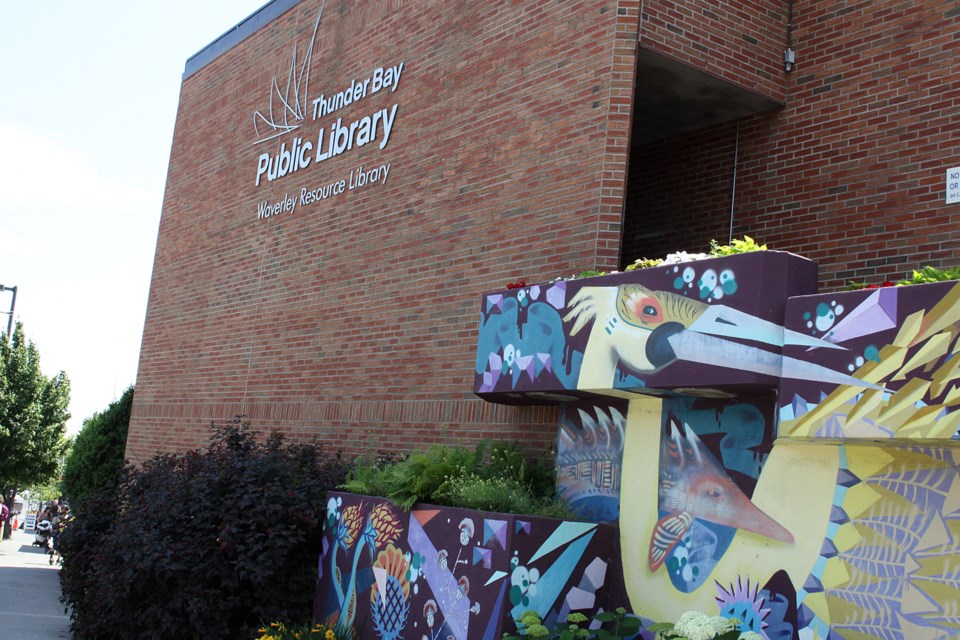THUNDER BAY – Add internet access and electronic devices to the list of what can be checked out from the Thunder Bay Public Library.
The library will use nearly $100,000 in new funding to “bridge the digital divide,” expanding internet and computer access for those without them.
Those services are normally an important part of what the library offers, said director of communities Tina Maronese. However, that’s been on pause since the COVID-19 forced the closure of its four branches to the public (limited spaces are now open for partial services, but computer banks are not yet available).
Thanks to $93,500 in funding from Canada’s Emergency Community Support Fund, the Thunder Bay Community Foundation, and the United Way of Thunder Bay, users referred by social service agencies will now be able to check out tablets, laptops, and portable internet hubs from the library.
The library expects the devices will help people access health care, schooling, family and friends, job opportunities, counselling, media, and more online.
The program is part of the institution’s mandate to mitigate the impacts of poverty and homelessness, identified in its strategic plan.
“The goal of these programs is to bridge the digital divide separating those who can and can’t afford technology,” the library explained in a release.
The seed of the idea came out of the Breaking Down Barriers working group formed after a Community Cross-Sector Collaboration forum held at the Urban Abbey in November of 2019, Maronese said. The event brought businesses, social services, and non-profits together to consider ways to work together to fight poverty, homelessness, and crime.
The program will launch Monday with 50 tablets and rocket hubs from Tbaytel, which provide mobile access to wireless internet. The purchase of an additional 30 to 40 laptops is also planned.
While the funding covers the period to March 2021, its impact is expected to linger much longer, with a commitment to continue maintaining the devices and a two-year contract with Tbaytel for the rocket hubs.
“While this program was prompted by the immediate impacts of COVID-19, the Library understands that technology loan programs like this will be needed well beyond the end of the pandemic,” the library said.
To access the program, users must be referred by one of a number of partner agencies, from counselling services to community food groups. Those include the Kinna Aweya Legal Clinic, Roots to Harvest, Lakehead Social Planning Council, Our Kids Count, and Anishinabek Employment and Training Services.
A full list of partner agencies is available at the library’s website.
